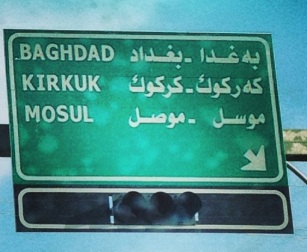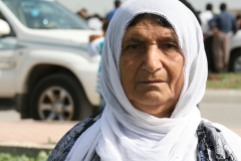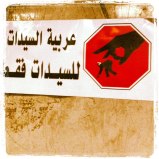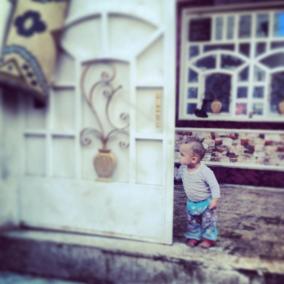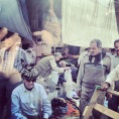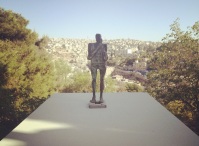“Peace in the Middle East has never been so fragile”, so international reporters have been finishing their articles for the last five decades. In the past two years, Western and Russian media coverage of the events in the Middle East has resorted to generalisations, frightening their audiences with ‘imminent Islamisation’ and an ‘Arab winter’. Mostly they adopt the stance of an elder brother, who criticises his younger brother for lacking pragmatism. This is just a romanticised notion of the ‘Arab spring’, which has never been directly used in the region itself. It was first used by the American magazine Foreign Policy. While most Egyptians, Tunisians and Yemenis have emphasised that changes to the system need time, the Islamists took the helm, as they were the only organised opposition. So it is not a question of religious fanaticism becoming stronger.
When the Egyptian military, to whom the population were sympathetic, removed the first democratically elected president Mohammed Mursi from power, and over the next month killed thousands of people while suppressing demonstrations in support of the imprisoned leader of the Muslim Brotherhood, the world was confused. The global media, conditioned to simplify matters (‘Democracy against dictatorship’, ‘Islamists against liberals,’ ‘Muslims against Christians’), talk about ‘an army against a leader who was elected by the people.’
To understand what is happening in Egypt is not so difficult; instead of merely over-simplifying and synthesising, we need to correlate these events with similar political processes in our own countries – especially those where reality is not just black and white either.
Ukrainians are outraged when the foreign press, both Western and Russian, write about the split of the country into white/blue and orange, or East and West, about ‘the irreconcilable opposition of supporters of Europe or Russia.’ However, we readily use the word ‘split’ when talking about liberals and Islamists in Egypt. We speak easily of ‘separatism’ in other countries, while being astonished at groundless talk of ‘the division of Crimea’. We explain that the language issue is not the number one problem, but is in fact one of the cards which politicians play. So we should understand that in the Arab world, the best way to drag the voters’ attention away from economic problems is religion. Ukrainians are offended when the foreign media draw conclusions about the racism of the whole population based on a few video frames of far-right football fans; in the same way, the Islamists in Egypt do not represent the entire population. Ukrainians who did not vote for the incumbent president argue that his electoral victory does not mean he has the support of the majority; and so in the case of Egypt, the Brotherhood were supported by just one-eighth of the population. We really do not want the West to declare the end of the Ukrainian democracy, since not all Ukrainian society wants to be led by a ‘strong hand’, where there is still (albeit just barely) a civil society, an independent media, an educated youth. Thus the fact that active young people, a small number of independent media, and maybe even the relative development of civil society – gives the reason to speak about the potential development of democracy in the Middle East – provokes denial.


























